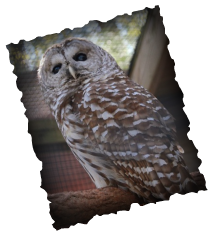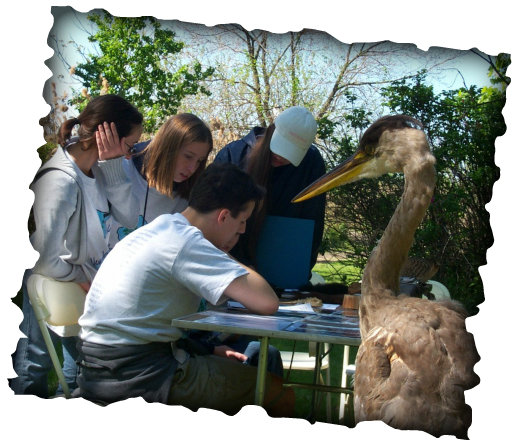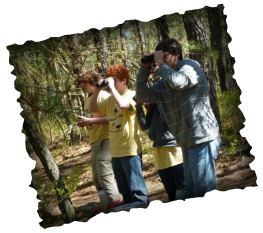Wildlife Study Guide
|
Diverse wildlife populations are valuable from many standpoints, as indicators of a healthy ecosystem, for recreation, and for aesthetics. Understanding a species' requirements and habits is the first step in ensuring the continuing existence of that particular animal. Proper protection and management of an animal's habitat will encourage optimum populations.
To help you meet the Wildlife Objectives, study the fact sheets on the Wildlife Study Guide Links page. The primary source of written test questions will be from the Wildlife Study Guide Links page. The primary source of hands-on test questions will be from the Training Trunks. In addition, you should use any local resources available to you. |
Quick Navigation |
|
2023 Wildlife PowerPoint Presentation
Click here to preview and download the PowerPoint presentation with notes. (To download, click "File > Download".) Study Tips
1. A large portion of the wildlife written test will come from materials on the online study guide. Species highlighted in the written wildlife questions tend to be either:
2. The hands-on test, however, is more wide-ranging due to the nature of this testing format and the availability of specimens, etc. Students should expect hands-on questions that include identification from mounts, photos, tracks, sign, calls, silhouettes, etc., as well as habitat and management questions that rely upon maps, diagrams and photos. 3. Most of the wildlife test questions are multiple choice, true/false and matching. Always read the questions thoroughly before proceeding to mark your answer. 4. APPOINT & PRACTICE: Some teams prefer to appoint one or two students to take the lead in each of the topics, thus becoming the team’s “expert” on a topic. This is helpful to focus your studies; however, keep in mind that all students should still study for all sections (just in case you have a last-minute illness). Your team should practice solving problems and completing test questions as a group. 5. REACH OUT: Contact your local nature center, conservation group, or other environmental professionals. If feasible, take a trip to explore habitats similar to those at the host site. 6. RELAX: This is NOT a traditional standardized test! Students should strive to excel, but should not expect to earn scores of 100 percent. The Envirothon is about much more than a final score! You'll broaden your knowledge base. You'll interact with various conservation professionals. You'll gain experience researching and solving problems as a team. Relax and have fun - you'll be surprised how much you learn along the way! 7. GET OUTDOORS! Go bird watching, hiking, look for animal tracks and sign. |





